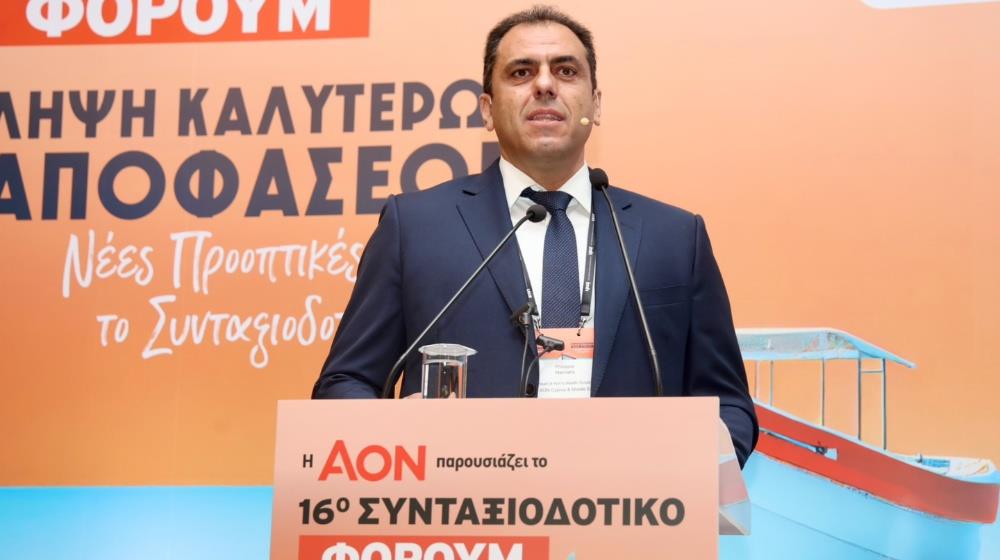"The question we need to tackle today is whether current employees will have sufficient income when they retire,” said Philippos Mannaris, Head of Aon’s Wealth Solutions, Cyprus and the Middle East, in his opening remarks at 16th Pension Forum presented by AON, where he chaired the event.
According to Mannaris, the discussion about pension adequacy should begin with a simple but crucial observation: what future retirees will need and what they will want to do, both for themselves and for their dependents. "Very often, employers believe that providing retirement benefits 'aligned with the market' is enough. However, this can create significant challenges for the workforce in the future, even if only for specific groups of employees," he noted.
Mannaris explained that many social insurance structures internationally are showing signs of strain and unsustainability, reinforcing the need for stronger private retirement savings. Today's retirees often have DB pensions, which provide lifelong income and greater stability - something that will not apply to the new generation of employees, who rely mainly on DC systems.
As he underlined, analysis carried out in multinational organisations shows that, although a large percentage of employees have adequate provision, there is always a segment of the population that is expected to need to work longer than it plans to. "The phenomenon of delaying retirement - even by one year - has significant implications for both the employee and the employer," he said.
In conclusion, Mannaris stressed that timely assessment of retirement adequacy - not only of benefits or market compliance - is crucial to avoiding future operational, financial and social challenges.









